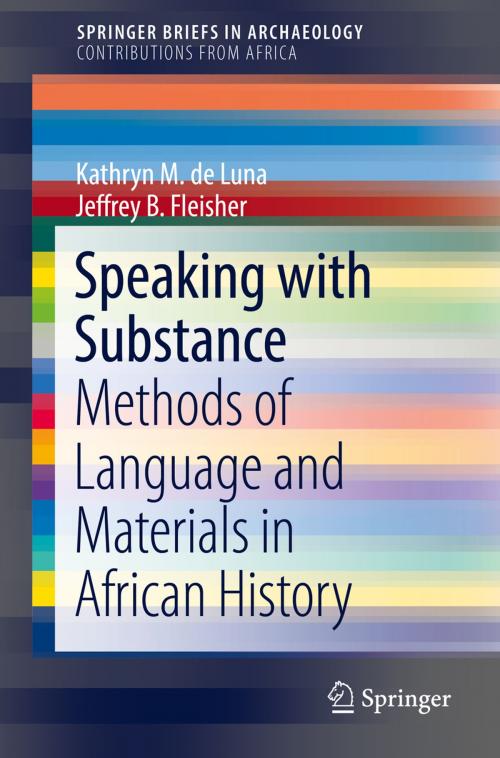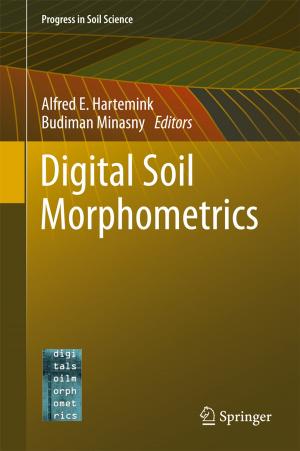Speaking with Substance
Methods of Language and Materials in African History
Nonfiction, Social & Cultural Studies, Social Science, Archaeology, Reference & Language, Language Arts, Linguistics, History| Author: | Kathryn M. de Luna, Jeffrey B. Fleisher | ISBN: | 9783319910369 |
| Publisher: | Springer International Publishing | Publication: | June 27, 2018 |
| Imprint: | Springer | Language: | English |
| Author: | Kathryn M. de Luna, Jeffrey B. Fleisher |
| ISBN: | 9783319910369 |
| Publisher: | Springer International Publishing |
| Publication: | June 27, 2018 |
| Imprint: | Springer |
| Language: | English |
This volume proposes a supplemental approach to interdisciplinary historical reconstructions that draw on archaeological and linguistic data. The introduction lays out the supplemental approach, situating it in the broader context of similar interdisciplinary research methods in other world regions. Reflecting the arguments of the volume and its goal to document the process rather than the outcome of interdisciplinary collaboration, the volume is organized into two two-chapter case studies. Within each case study, the non-specialist develops an historical interpretation using their own research findings and published data from the other discipline.This chapter is followed by critical commentary from the specialist, a dialogue clarifying the commentary and specialists’ methods, and a second short historical interpretation that deploys insights from the supplemental approach. The conclusion reflects on the challenges of disciplinary conventions to interdisciplinary research and the contribution of the supplemental approach to efforts to know the history of oral societies in Africa and beyond
This volume proposes a supplemental approach to interdisciplinary historical reconstructions that draw on archaeological and linguistic data. The introduction lays out the supplemental approach, situating it in the broader context of similar interdisciplinary research methods in other world regions. Reflecting the arguments of the volume and its goal to document the process rather than the outcome of interdisciplinary collaboration, the volume is organized into two two-chapter case studies. Within each case study, the non-specialist develops an historical interpretation using their own research findings and published data from the other discipline.This chapter is followed by critical commentary from the specialist, a dialogue clarifying the commentary and specialists’ methods, and a second short historical interpretation that deploys insights from the supplemental approach. The conclusion reflects on the challenges of disciplinary conventions to interdisciplinary research and the contribution of the supplemental approach to efforts to know the history of oral societies in Africa and beyond















